Boost Your Basement Bids – Request a Precision Estimate!
- Accurancy
- Efficiency
- Transparency
- Customization
- Time Saving
- Professionalism
- Cost Control

The cost of an average 1,000-square-foot basement ranges from $7,000 to $23,000, equating to approximately $7 to $25 per square foot. Beyond the financial investment, a finished basement offers versatile utility within a home, transforming into valuable space for storage, a functional home office, or even an additional bedroom. However, before enjoying these benefits, it’s crucial to ensure the basement is livable, comfortable, and waterproof. This entails considerations such as proper insulation, selecting suitable flooring, implementing adequate lighting, and addressing potential water-related issues.
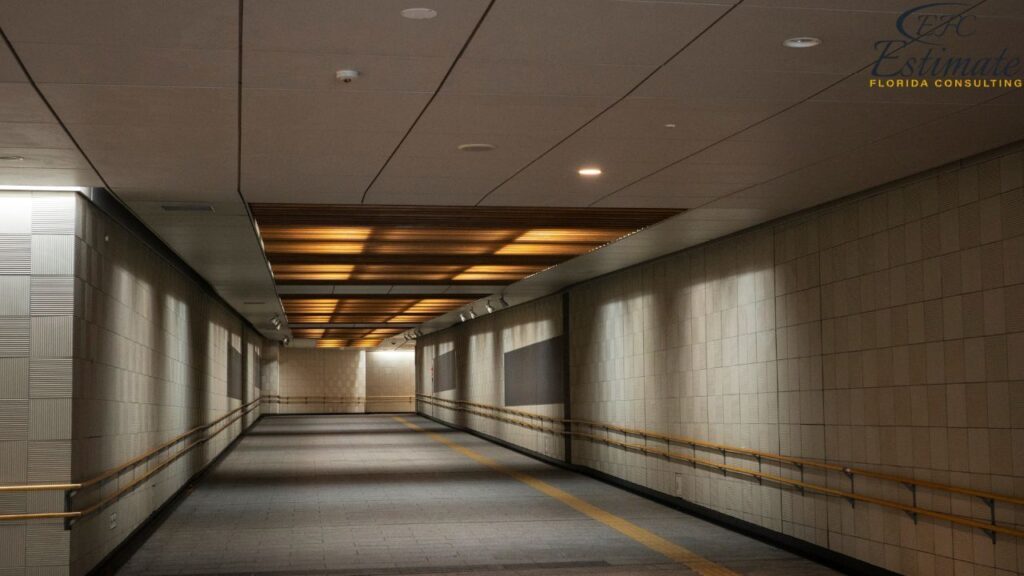
A comprehensive understanding of these factors empowers homeowners to make informed decisions and optimize their finished basement space to meet specific needs.
When planning the budget for finishing a basement, two key factors significantly impact the overall expenditure: the size of the basement and its current state.
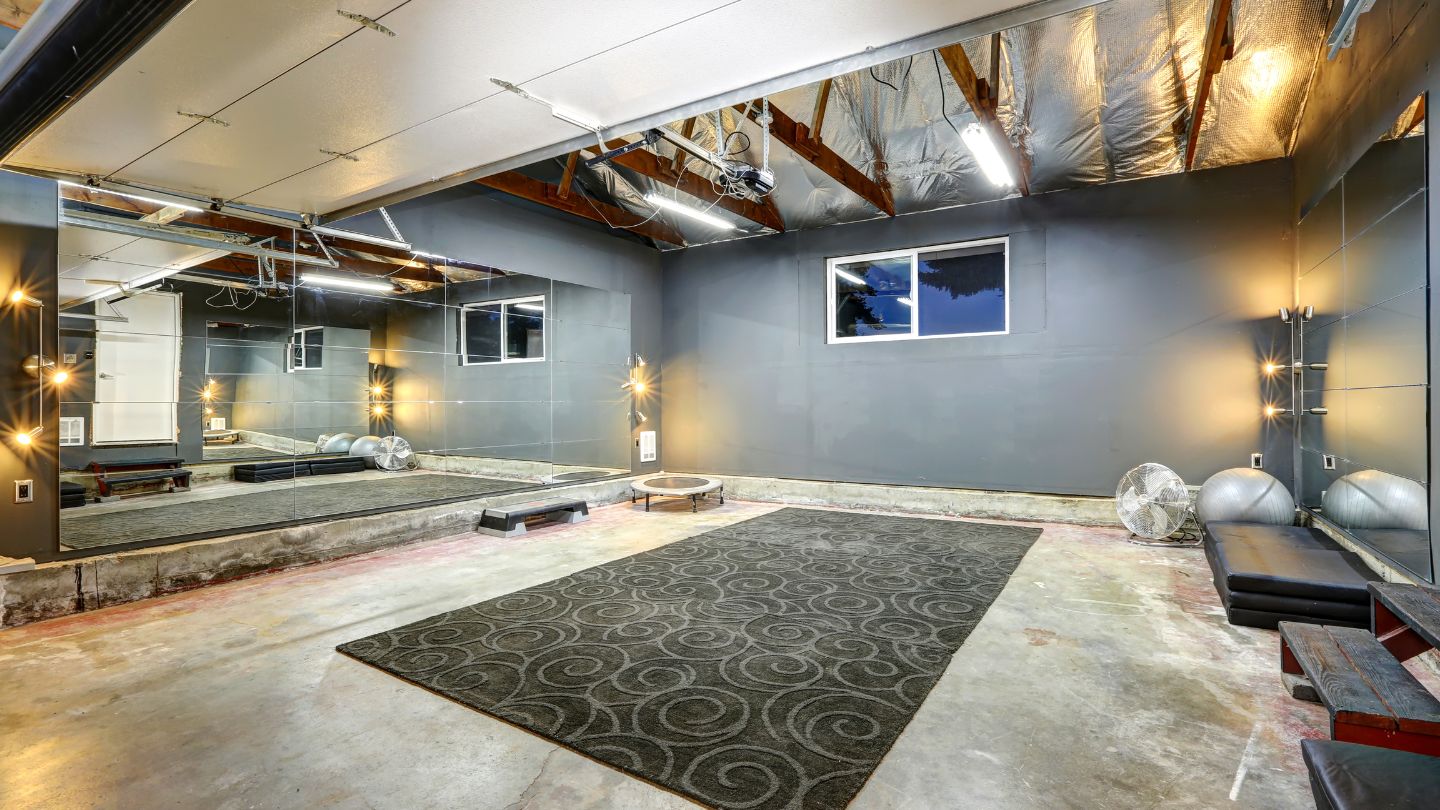
Fully Insured Licensed Hire Contractor for Basement Construction
Hire Contractor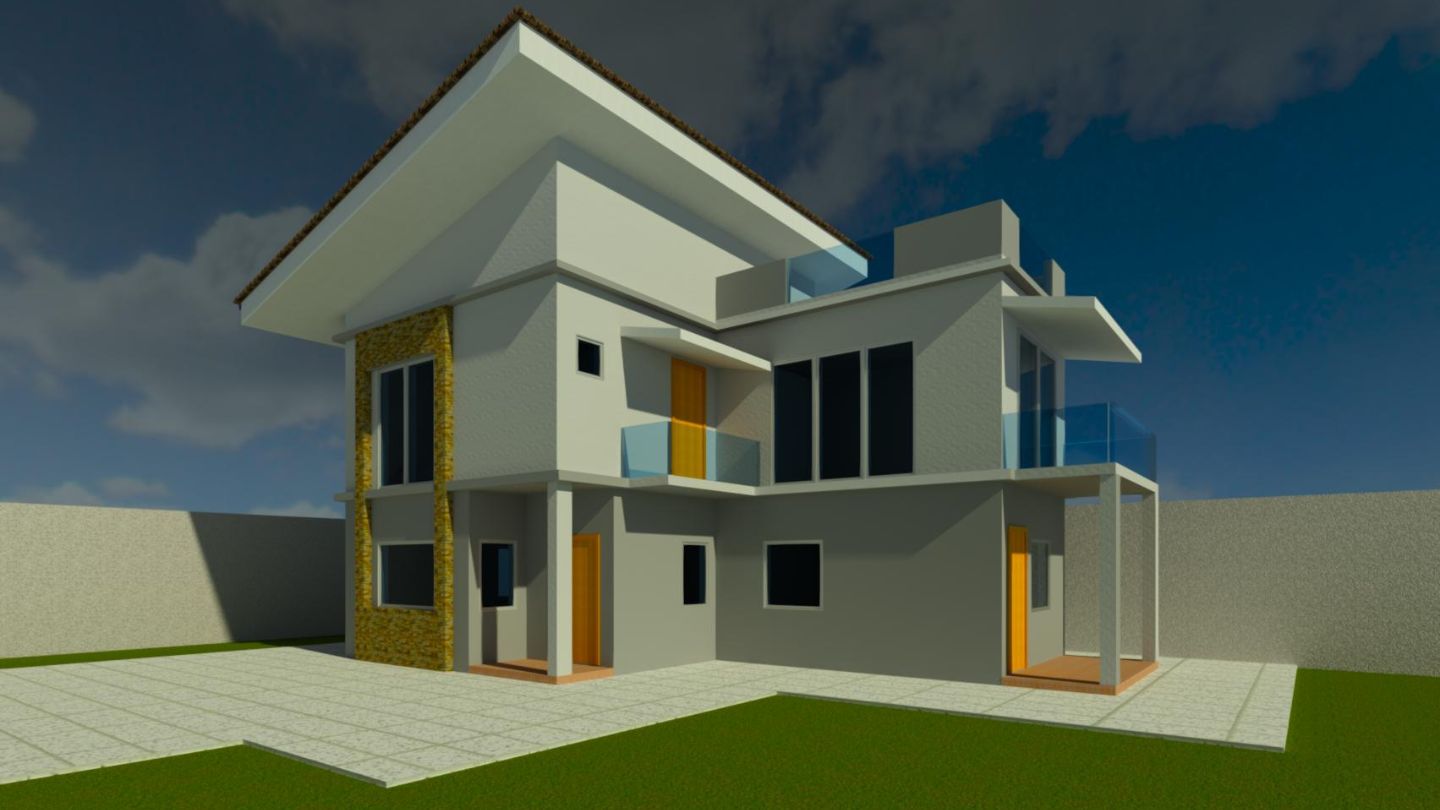
Make Informed Design Decisions Showcase Your Design Ideas
Get RenderingThe total remodeling cost is heavily influenced by the square footage of the basement. Larger spaces necessitate more materials and labor, especially if the basement is designed with multiple rooms, such as a home office and kitchenette, adding to the overall expenses.
Outlined below are estimated basement finishing costs for various sizes, with a cost range of $7 to $23 per square foot.
Basement Size (sq. ft.) | Cost Range |
400 | $2,800–$9,200 |
500 | $3,500–$11,500 |
700 | $4,900–$16,100 |
800 | $5,600–$18,400 |
1,000 | $7,000–$23,000 |
1,200 | $8,400–$27,600 |
1,500 | $10,500–$34,500 |
The existing state of the basement also plays a crucial role. Remodeling an entirely unfinished basement demands more effort compared to one that is partially finished. Unfinished basements often have exposed pipes and minimal features, while partially finished ones may already include flooring, drywall, and possibly plumbing and HVAC amenities.
Skilled labor is indispensable for basement finishing, particularly in areas such as plumbing and electrical work. Even if one undertakes most tasks independently, hiring a plumber and an electrician is essential to meet building codes. Opting for a general contractor to oversee the entire project can contribute an additional 10% to 25% to the overall project cost, ensuring seamless coordination. Careful consideration of these factors empowers homeowners to make informed decisions when planning and budgeting for a basement remodeling project.
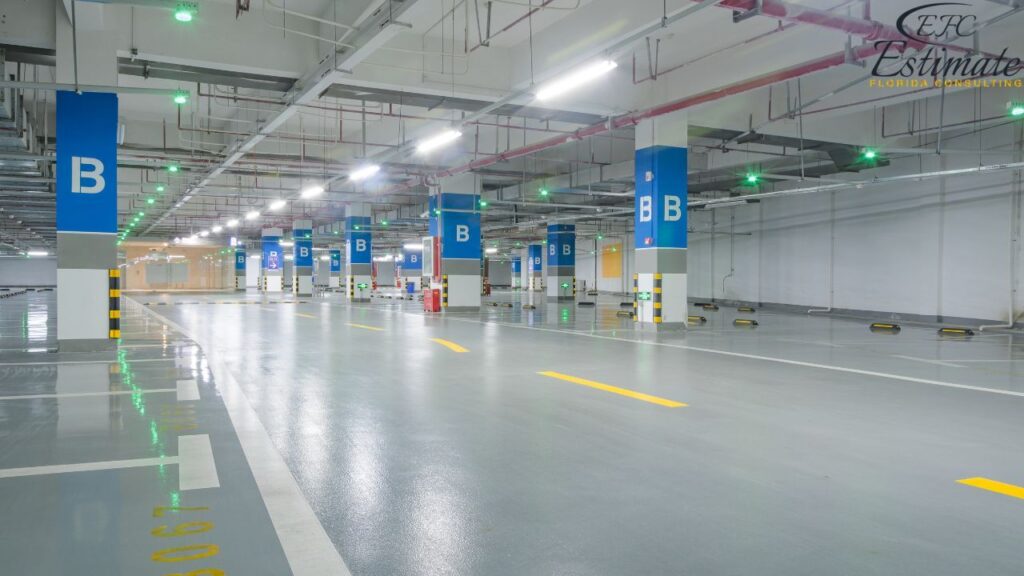
The overall cost of finishing your basement is influenced by the scope of your project and the specific amenities you desire. Consider the individual projects and their associated costs to ensure a comprehensive budget that aligns with your vision for the transformed space.
Certain projects may be optional depending on the current state of your basement. However, a complete transformation from an unfinished to a finished basement may necessitate multiple projects. Understanding the range of costs for each project type allows for better financial planning and decision-making.
Project Type | Cost Range |
Sump Pump Installation | $640–$2,090 |
Framing | $700–$1,600 |
Drywall | $800–$3,000 |
Ceiling | $800–$9,000 |
Insulation | $1,400–$6,300 |
Painting | $1,400–$9,000 |
Flooring | $1,500–$4,500 |
Plumbing Work | $2,500–$5,000 |
Egress Windows | $2,650–$5,650 |
Electrical Work | $3,000–$5,000 |

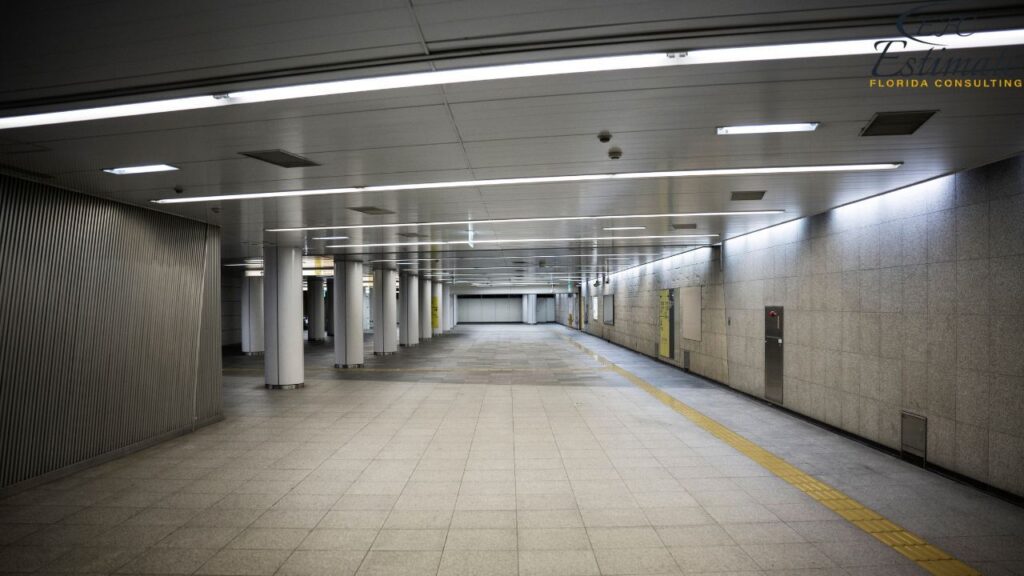

Transform your projects with precision and expertise by scheduling a personalized consultation today. Our experts are ready to guide you through a tailored process that will elevate your estimating game.
Upload Your PlanCosts for customizing the finished space with items like a foosball table, furniture, pool table, laundry facilities, wet bar, kitchenette, home theater, etc. Customizing the space with furnishings contributes to the functionality and aesthetic appeal of the basement. Consider your lifestyle and preferences when selecting furnishings.
Building permits are essential, costing between $1,160 and $1,350, depending on project specifics. Obtain the necessary permits to ensure compliance with local building codes and regulations. Factor in permit costs when planning the overall budget for the basement finishing project.
Inspection fees are usually included with building permits, but if any preexisting structural damage is found, you’ll need to repair it before finishing work can begin. Foundation repairs can be a large investment, between $2,160 and $7,735, but they’re extremely important to your home’s stability and the functionality of your new space. If hazardous materials such as mold or asbestos are found in your basement, you’ll need to have them remediated, which can cost from $1,170 to $3,050. Addressing preexisting structural issues and hazardous materials ensures a solid foundation for the finished basement. Conduct thorough inspections to identify and address any potential challenges before initiating the finishing process.
Basement waterproofing is incredibly important for making the space safe and comfortable, especially in damp climates. Basic damp-proofing options like waterproof paint and vapor barriers may only cost about $3 to $6 per square foot, but heavy-duty methods like creating French drains or installing an exterior membrane may cost $5 to $10 per square foot. Some of these labor and material costs may be part of other framing and insulation costs, so be sure to speak to a professional contractor about how best to waterproof the space.
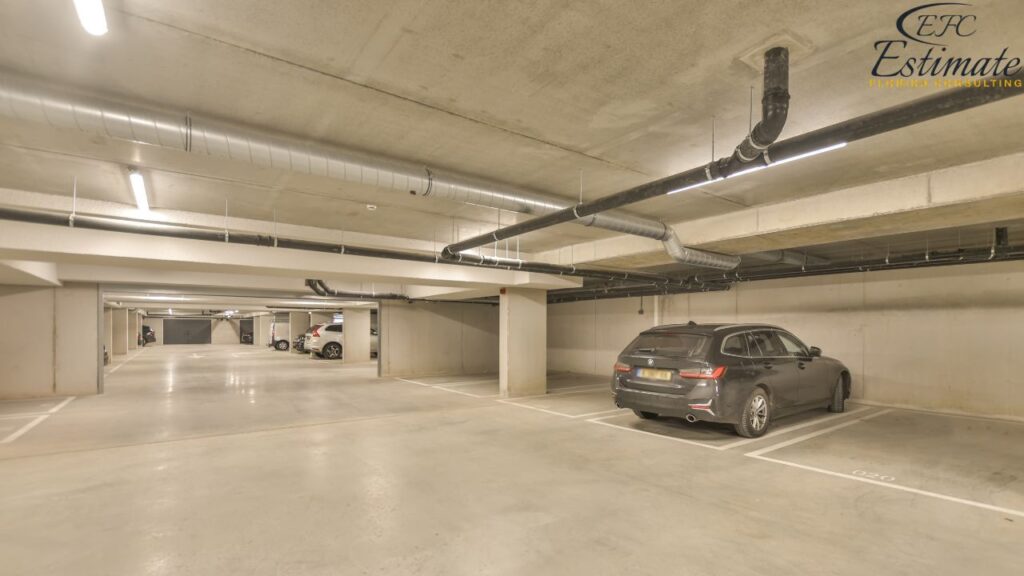
Existing water damage can cost between $450 and $13,000 to repair, so it’s essential to do your best to prevent it. Invest in effective waterproofing solutions to protect the basement from water damage and ensure a comfortable and safe living environment. Collaborate with professionals to determine the most suitable waterproofing methods based on your specific basement conditions.
While certain aspects of basement finishing can be tackled through do-it-yourself (DIY) efforts, the majority of the project demands the expertise of licensed professionals. Here’s a breakdown of how this investment is distributed.
In order to adhere to building codes and safeguard your home’s value, licensed professionals are essential for tasks such as plumbing and electrical work. The same holds true for any foundation and structural modifications, as well as alterations to the HVAC system. Depending on the extent of framing and required insulation, it may be advisable to enlist a professional for these aspects as well. Professional contractors ensure efficient and tidy completion of the work, possessing the necessary knowledge of permits and building codes. Furthermore, certain materials may necessitate professional installation to maintain their warranty.
Nevertheless, there are numerous final finishing tasks that can be undertaken by a DIY enthusiast. Tasks like painting, installing basic flooring and trim, tiling, decorating, and furnishing are all DIY-friendly endeavors. Basement finishing encompasses a multifaceted job involving various specialized trades, and it’s likely that you may not possess the tools and expertise for all of them. Therefore, it’s crucial to select your DIY projects carefully. A complete transition from an unfinished to a fully finished basement can be achieved by a professional team in 45 days, whereas doing it yourself will likely extend the timeline considerably.
Boost your bidding strategy with detailed estimates for small and big projects. Residential or commercial, our service delivers results within 1-2 days.
Although completing a basement involves a significant financial commitment, you can minimize project costs with the following strategies:
The Basement Finishing Cost Estimator is a tool designed to provide an estimate of the expenses associated with finishing a basement. It takes into account various factors such as materials, labor, and specific project details to generate a cost estimate.
While the Basement Finishing Cost Estimator provides a helpful estimate, actual costs may vary based on factors like regional pricing, specific project requirements, and unforeseen issues. It is advisable to use the estimate as a general guideline and consult with professionals for a more accurate assessment.
The estimator considers factors such as the size of the basement, materials used, labor costs, and specific project details like plumbing, electrical work, and structural modifications.
Yes, the estimator is designed to allow for customization. Users can input specific details about their project, including any unique features, to obtain a more tailored cost estimate.
Simply input the relevant details about your basement finishing project into the estimator tool. Provide accurate information regarding size, materials, and specific requirements to obtain a more precise cost estimate.
Here I am going to share some steps to get your basements finishing cost estimate report.
You can send us your plan on info@estimatorflorida.com
Before starting your project, we send you a quote for your service. That quote will have detailed information about your project. Here you will get information about the size, difficulty, complexity and bid date when determining pricing.
Our team will takeoff and estimate your project. When we deliver you’ll receive a PDF and an Excel file of your estimate. We can also offer construction lead generation services for the jobs you’d like to pursue further.



561-530-2845
info@estimatorflorida.com
Address
5245 Wiles Rd Apt 3-102 St. Pete Beach, FL 33073 United States
561-530-2845
info@estimatorflorida.com
Address
5245 Wiles Rd Apt 3-102 St. Pete Beach, FL 33073 United States
All copyright © Reserved | Designed By V Marketing Media | Disclaimer